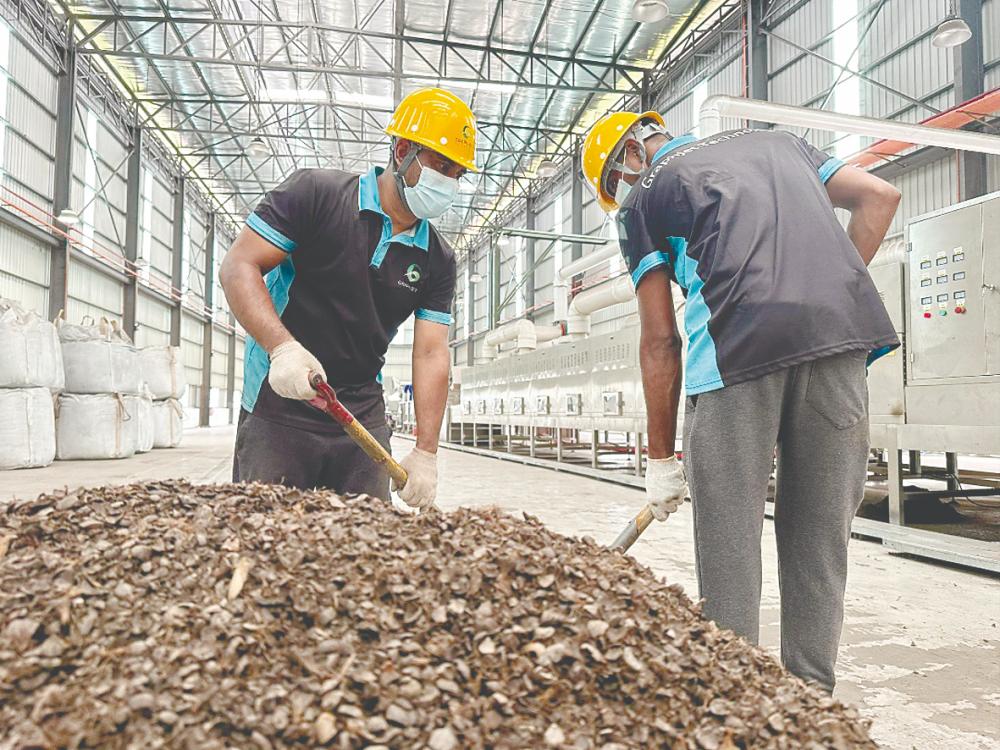PETALING JAYA: Graphjet Technology, a developer of patented technologies to produce graphite and graphene directly from agricultural waste, has achieved key breakthroughs in catalysing graphitisation to produce high-quality synthetic graphite with its patented green graphite production technology.
“Graphjet's artificial green graphite, produced from palm-based biomass residues, has been tested by an authoritative third-party agency, resulting in a purity level of 99.99% and a graphitisation level of 98.8%, both of which exceed the standards of high-quality graphite,” said CEO and co-founder Aiden Lee.
He added that these results verify that their patented technology is mature and reliable and that they are committed to providing industry-leading artificial graphite products to global customers, backed by proven metrics that they can trust.
“These significant innovations further validate our technology as we position ourselves as the world’s leading supplier of green graphite,” he said.
Graphjet’s green graphite technology is the first in the world to produce artificial graphite directly from palm kernel shells, a widely available waste product in Malaysia and Indonesia. Pilot-scale testing has demonstrated that Graphjet’s artificial graphite can achieve purity levels of up to 99.99%, validating the company’s technology and its ability to effectively compete with all forms of graphite production, including mining and other synthetic graphite operations.
Graphjet has achieved the highest levels of both purity and graphitisation among all biomass graphite production technologies, which further demonstrates its suitability for the production of semiconductors and anode materials for high-performance electric vehicle batteries. Notably, the company’s technological achievements have been validated by third-party labs in China.
Graphjet is rapidly expanding its operations to meet the growing global demand for green graphite. The company recently commissioned the world's first and largest green graphite facility in Malaysia, with an annual production capacity of up to 3,000 metric tons. This facility is capable of supporting battery production for approximately 40,000 electric vehicles per year. Per kilogramme of graphite produced, Graphjet’s patented technology produces only 2.95kg carbon dioxide emissions, significantly lower than traditional methods.









